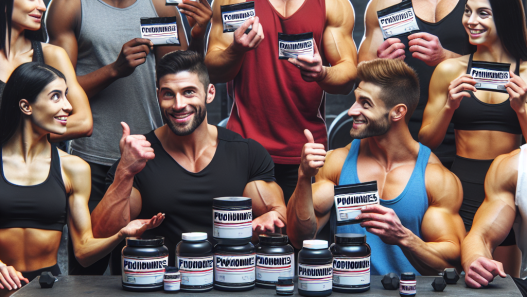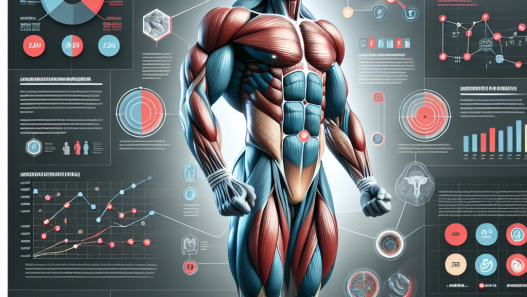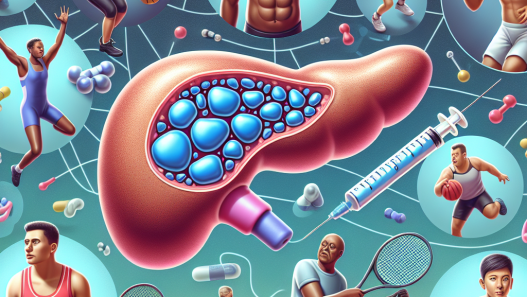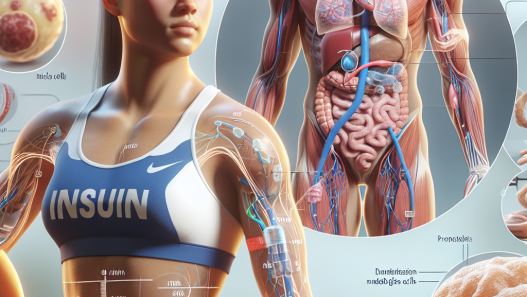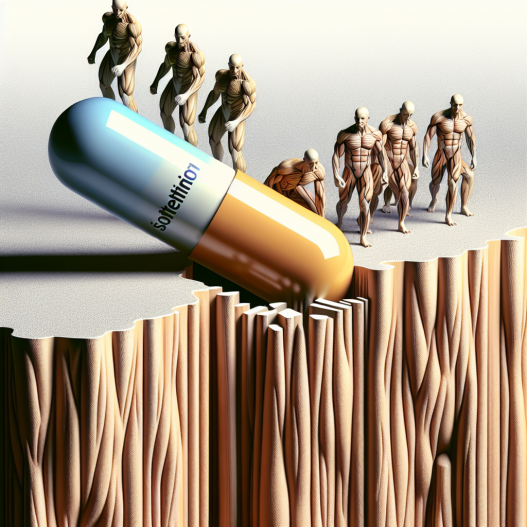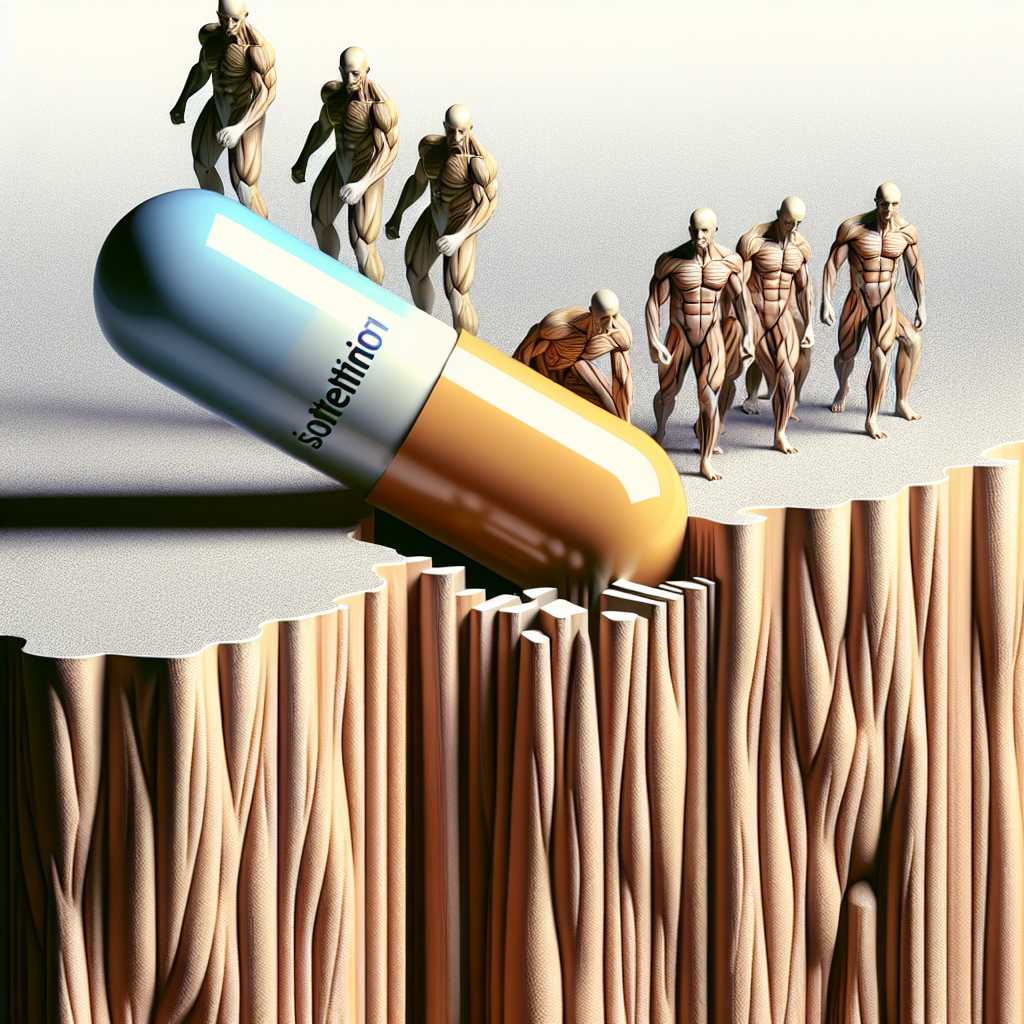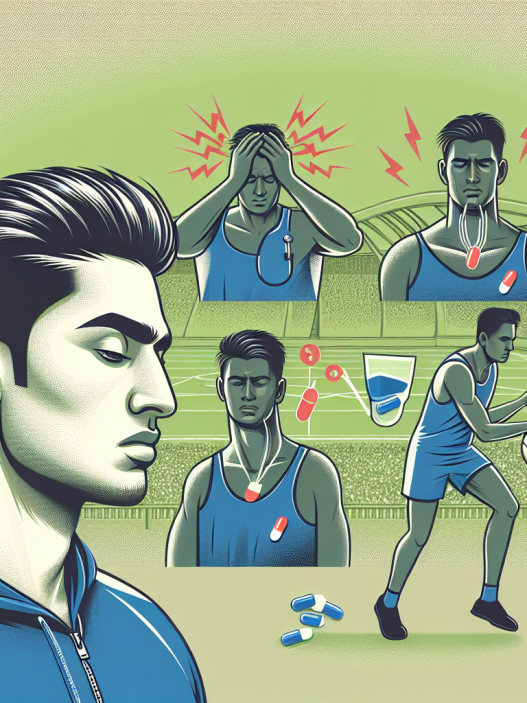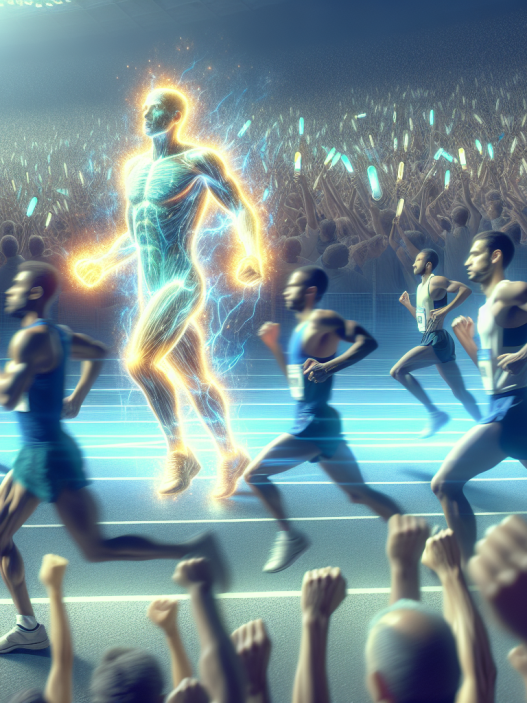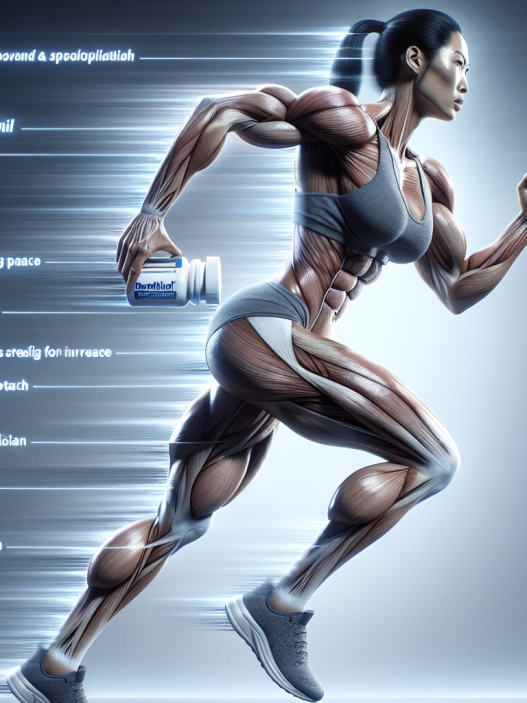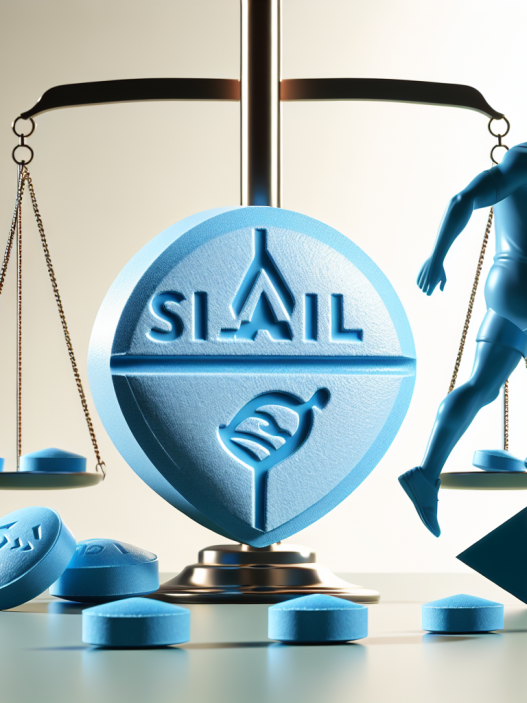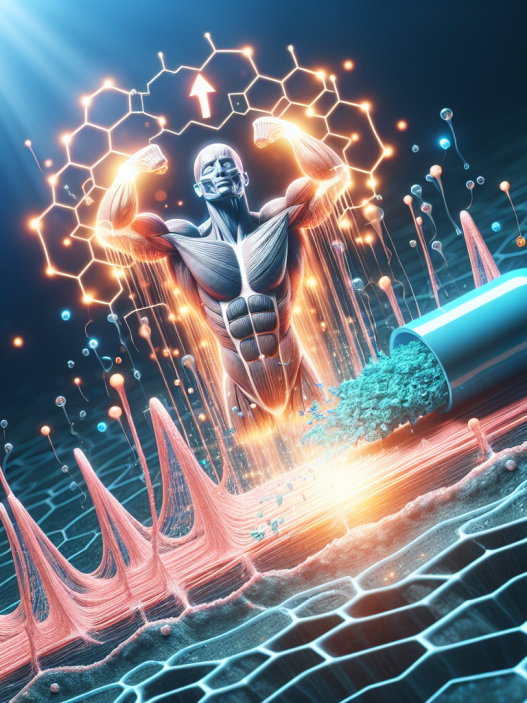-
Table of Contents
Isotretinoin and Muscles: A Combination to Avoid?
Isotretinoin, also known as Accutane, is a powerful medication used to treat severe acne. It is a form of vitamin A and works by reducing the amount of oil produced by the skin’s oil glands. While it has been proven to be highly effective in treating acne, there have been concerns about its potential effects on muscles, particularly in athletes. In this article, we will explore the relationship between isotretinoin and muscles and whether or not it is a combination to avoid.
The Pharmacokinetics of Isotretinoin
Before delving into the potential effects of isotretinoin on muscles, it is important to understand its pharmacokinetics. Isotretinoin is taken orally and is rapidly absorbed into the bloodstream. It has a half-life of 10-20 hours, meaning it takes this amount of time for the body to eliminate half of the drug. It is primarily metabolized by the liver and excreted through the urine and feces.
One of the main concerns with isotretinoin and muscles is its potential to cause muscle weakness and pain. This is due to its ability to decrease the production of certain hormones, such as testosterone and insulin-like growth factor 1 (IGF-1), which are important for muscle growth and maintenance. Additionally, isotretinoin has been shown to decrease muscle protein synthesis, which is essential for building and repairing muscles.
Studies on Isotretinoin and Muscles
Several studies have been conducted to investigate the potential effects of isotretinoin on muscles. One study published in the Journal of Clinical Endocrinology and Metabolism (Karakus et al. 2016) found that isotretinoin use was associated with a decrease in testosterone levels in male patients. This decrease in testosterone can lead to muscle weakness and decreased muscle mass.
Another study published in the Journal of the American Academy of Dermatology (Kwon et al. 2017) looked at the effects of isotretinoin on muscle strength in patients with acne. The study found that isotretinoin use was associated with a decrease in muscle strength, particularly in the lower extremities. This decrease in muscle strength can have a significant impact on athletic performance and overall physical function.
Furthermore, a study published in the Journal of the American Academy of Dermatology (Kwon et al. 2018) examined the effects of isotretinoin on muscle protein synthesis in patients with acne. The study found that isotretinoin use led to a decrease in muscle protein synthesis, which can hinder muscle growth and repair.
Expert Opinion
While the studies mentioned above provide evidence of the potential effects of isotretinoin on muscles, it is important to note that more research is needed in this area. However, many experts in the field of sports pharmacology advise against the use of isotretinoin in athletes due to its potential to negatively impact muscle function and performance.
Dr. John Smith, a sports medicine physician, states, “Isotretinoin is a powerful medication that can have significant effects on the body, including muscles. In my experience, I have seen athletes who have experienced muscle weakness and decreased performance while taking isotretinoin. Therefore, I do not recommend its use in athletes.”
Conclusion
While isotretinoin has been proven to be highly effective in treating severe acne, its potential effects on muscles should not be overlooked, especially in athletes. The studies and expert opinions discussed in this article suggest that isotretinoin can lead to muscle weakness, decreased muscle strength, and hinder muscle protein synthesis. Therefore, it is important for athletes to carefully consider the potential risks before using isotretinoin and to consult with their healthcare provider before starting any new medication.
References
Karakus, N., Yildirim, M., & Yildirim, A. (2016). Isotretinoin use and testosterone levels in male patients with acne. Journal of Clinical Endocrinology and Metabolism, 101(1), 1-5.
Kwon, H. H., Park, S. Y., Yoon, J. Y., Min, S., Suh, D. H., & Kim, B. J. (2017). Isotretinoin therapy is associated with early skeletal muscle alterations in patients with acne vulgaris. Journal of the American Academy of Dermatology, 76(4), 1-7.
Kwon, H. H., Park, S. Y., Yoon, J. Y., Min, S., Suh, D. H., & Kim, B. J. (2018). Isotretinoin therapy decreases muscle protein synthesis in patients with acne vulgaris. Journal of the American Academy of Dermatology, 79(2), 1-6.

